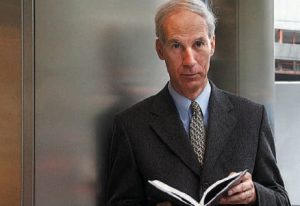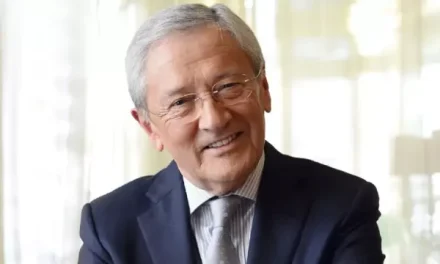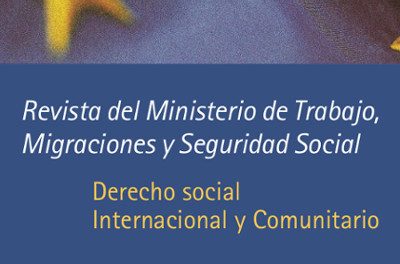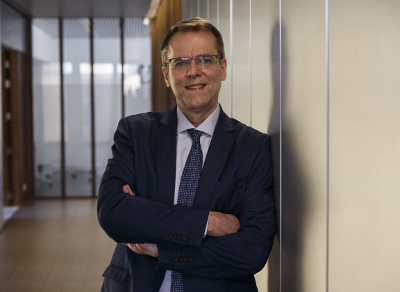 David Jou, full academician and member of the Governing Board of the Royal European Academy of Doctors-Barcelona 1914 (RAED), will present on November 27 at the Claret bookstore in Barcelona (Roger de Llúria, 5) his latest work, the poems book “Cant Espiritual” (Spiritual Canticle), that closes a cycle of five books of religious poetry of his own authorship. The presentation will be held at 7:30 pm and will be directed by American writer and literary critic Sam Abrams.
David Jou, full academician and member of the Governing Board of the Royal European Academy of Doctors-Barcelona 1914 (RAED), will present on November 27 at the Claret bookstore in Barcelona (Roger de Llúria, 5) his latest work, the poems book “Cant Espiritual” (Spiritual Canticle), that closes a cycle of five books of religious poetry of his own authorship. The presentation will be held at 7:30 pm and will be directed by American writer and literary critic Sam Abrams.
“Cant Espiritual” completes a series of five poetry books published over the last five years “Poemes sobre ciència i fe” (Poems about science and faith) (2013), “Poemes de Nadal i de Setmana Santa” (Christmas and Easter Poems) (2014), “La mística dels dies” (The mystique of the days) (2015), “Cartografies de Déu” (Cartographies of God) (2016) and now this “Cant Espiritual” (2017). All of them start from a Christian inspiration, especially evident, but approach a more general perspective when dealing with the themes of the relationship between science and faith, mysticism and interreligious dialogue between Judaism, Christianity and Islam.

Dr. David Jou Mirabent
The “Cant Espiritual” of Jou is placed in the long tradition of Catalan spiritual canticles, studied in considerable detail by Sam Abrams. Although the most well-known spiritual canticle in this tradition is that of Joan Maragall, we must not forget those of Ausiàs March and Josep Palau i Fabre, especially appreciated by Jou. In the narrative version, the spiritual canticles of Blai Bonet and Antoni Ferrer Perales stand out.
With this work, Jou, who in 1996 had already published his “Cant Espiritual as a single poem, gives the subject the breadth of an entire book, broken down into two parts: “Tres Magnificat i tres Apocalipsis” (corporal canticle) and “Cinc Llamps i set Constel·lacions” (spiritual canticle). The book reflects, from the Christian perspective, on the human dimension of the divine and on the divine dimension of the human, in a mutual search. Cosmology, anthropology, religion, art history, mysticism, spirituality and formal search configure this work in which the human being seeks God beyond time and God bursts in time to approach the human.




